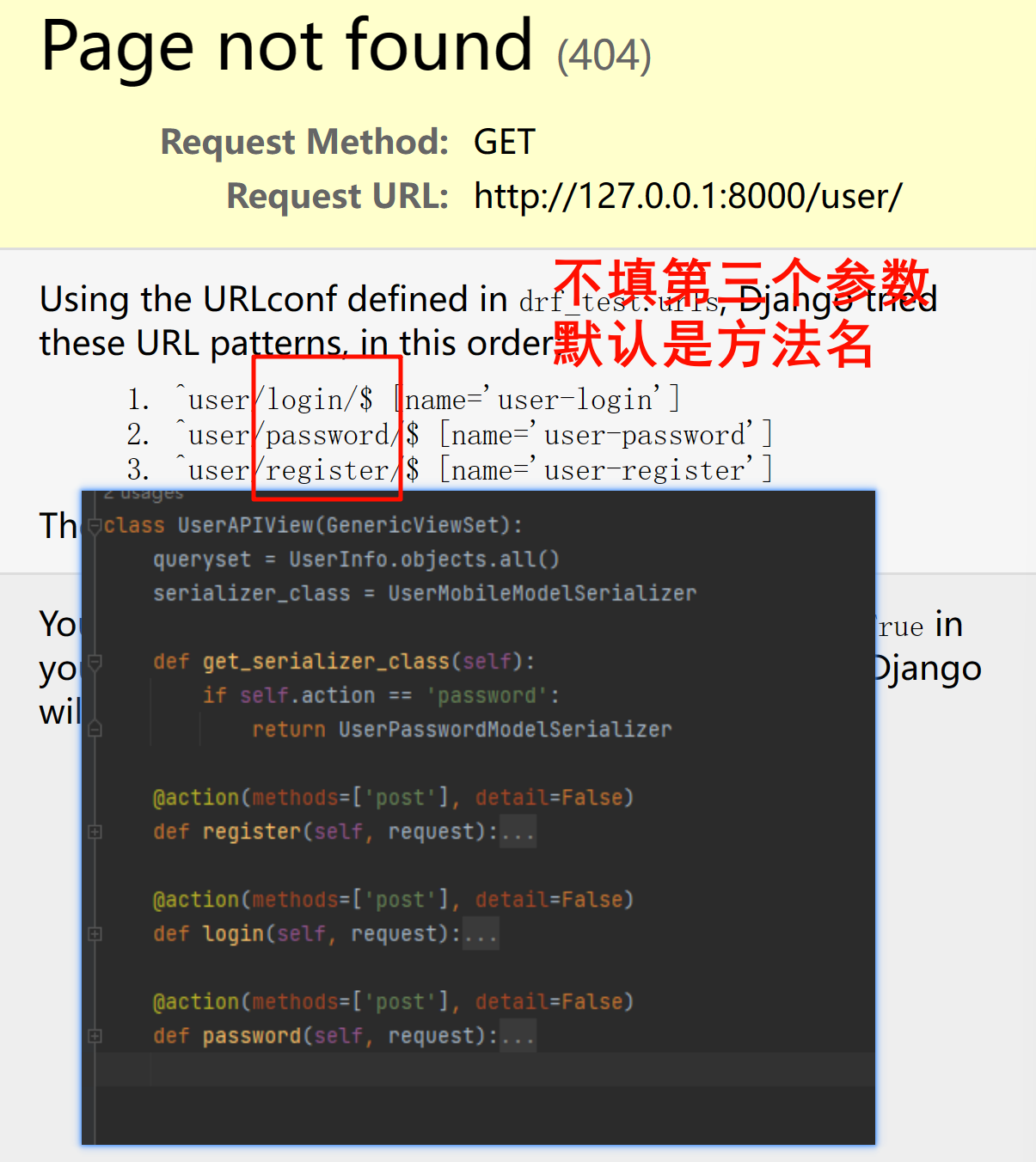效果图
服务端
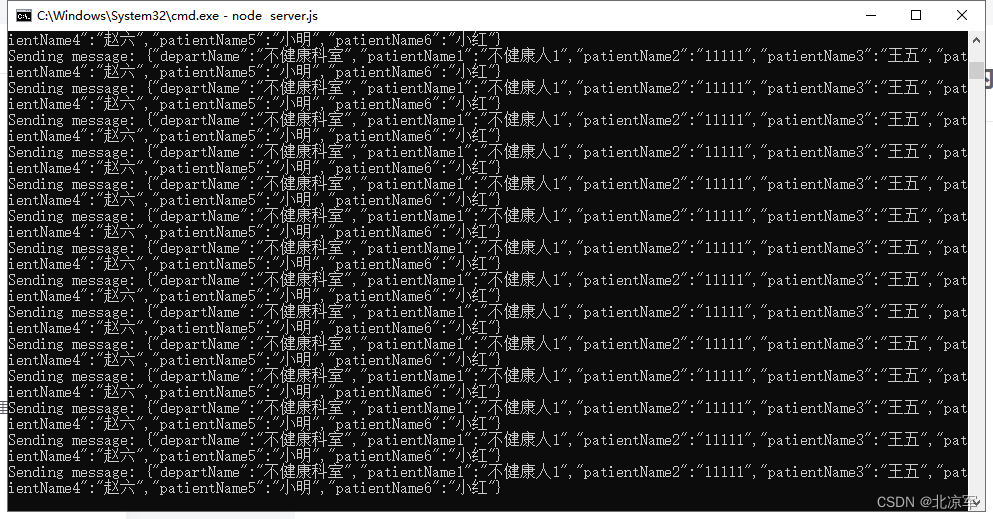
html客户端接受的消息
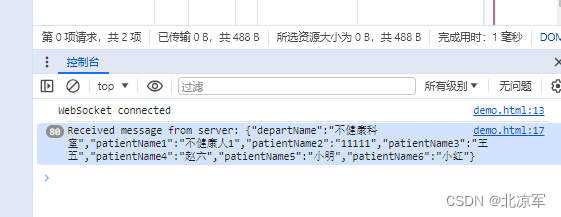
接下来开始实现服务端
创建server.js
const WebSocket = require('ws');
const wss = new WebSocket.Server({ port: 8877 });
wss.on('connection', function connection(ws) {
console.log('WebSocket connection opened.');
// 每隔 5 秒发送一次消息
const interval = setInterval(function() {
const message = {
"departName": "不健康科室",
"patientName1": "不健康人1",
"patientName2": "11111",
"patientName3": "王五",
"patientName4": "赵六",
"patientName5": "小明",
"patientName6": "小红"
};
// 将 JavaScript 对象转换为 JSON 字符串
const jsonMessage = JSON.stringify(message); // 要发送的消息内容
console.log('Sending message:', jsonMessage);
ws.send(jsonMessage); // 发送 JSON 字符串
}, 5000);
ws.on('close', function close() {
console.log('WebSocket connection closed.');
clearInterval(interval);
});
});
接下来,安装 ws 模块,它是一个 WebSocket 库,用于创建 WebSocket 服务器。你可以通过运行 npm install ws 命令来安装它。
cmd命令 执行 “npm install ws”
安装好后生成的文件

cmd命令终端中运行 node server.js 启动服务器
html客户端代码
<!DOCTYPE html>
<html lang="en">
<head>
<meta charset="UTF-8">
<meta name="viewport" content="width=device-width, initial-scale=1.0">
<title>WebSocket Client</title>
</head>
<body>
<script>
const ws = new WebSocket('ws://localhost:8877');
ws.onopen = function() {
console.log('WebSocket connected');
};
ws.onmessage = function(event) {
console.log('Received message from server:', event.data);
};
</script>
</body>
</html>
直接浏览器打开html就可以看到效果
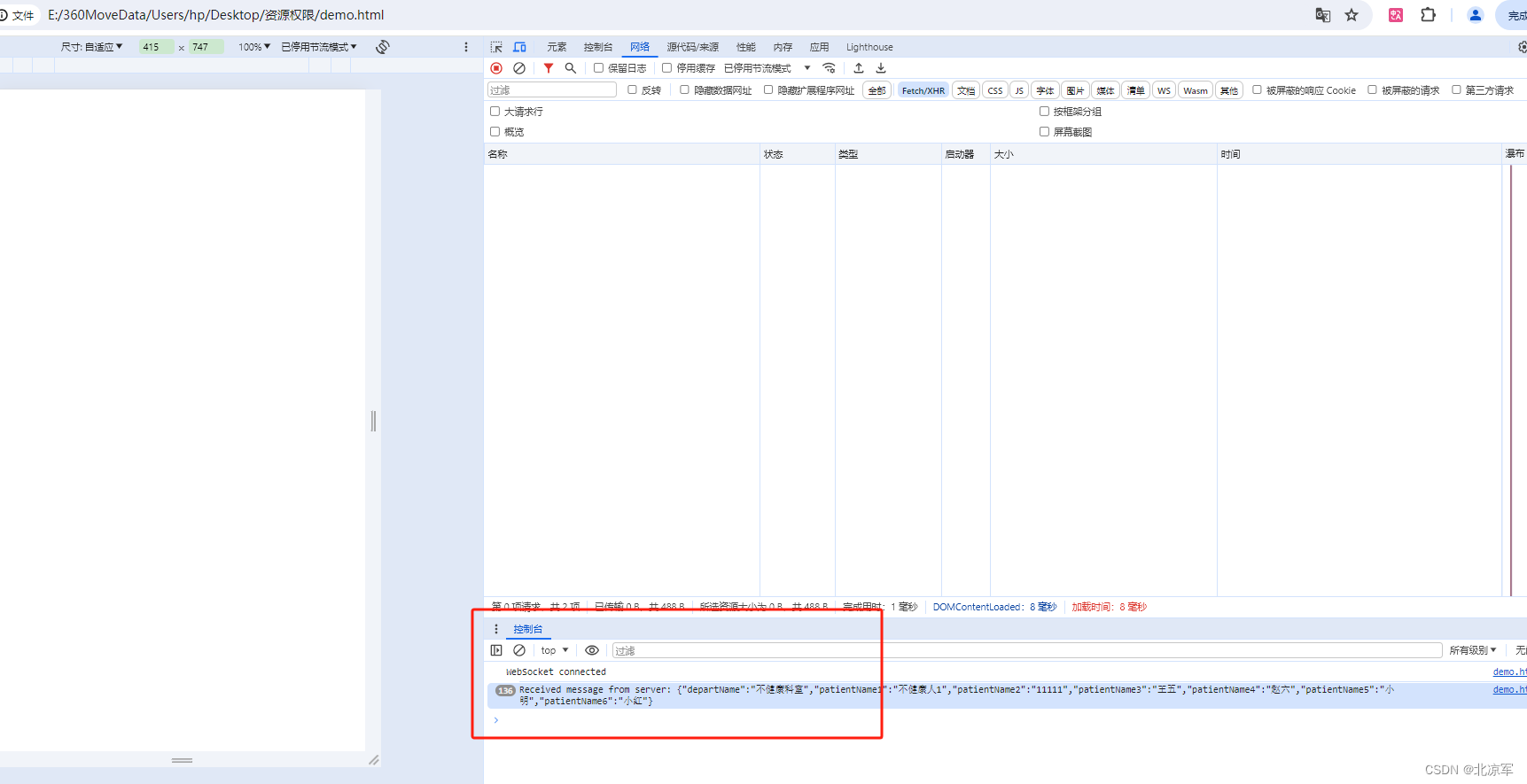
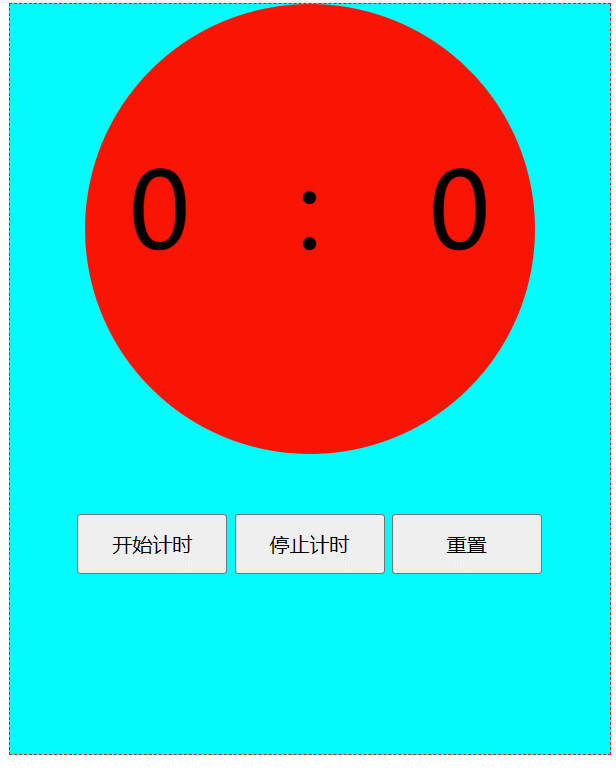


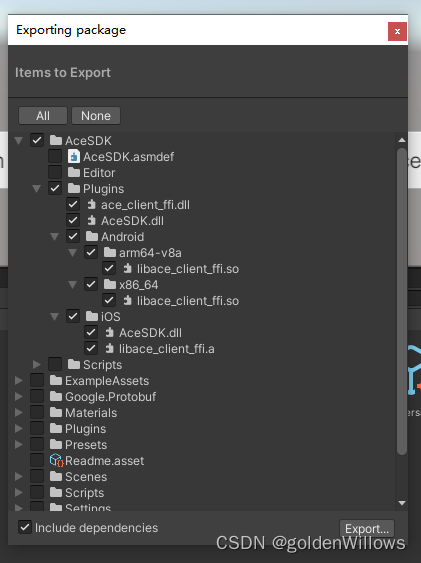
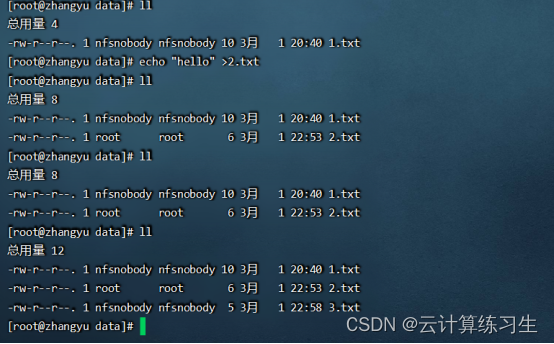


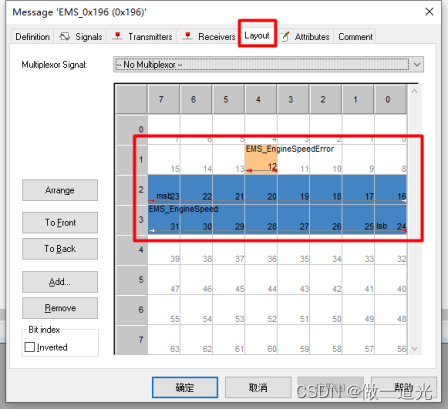
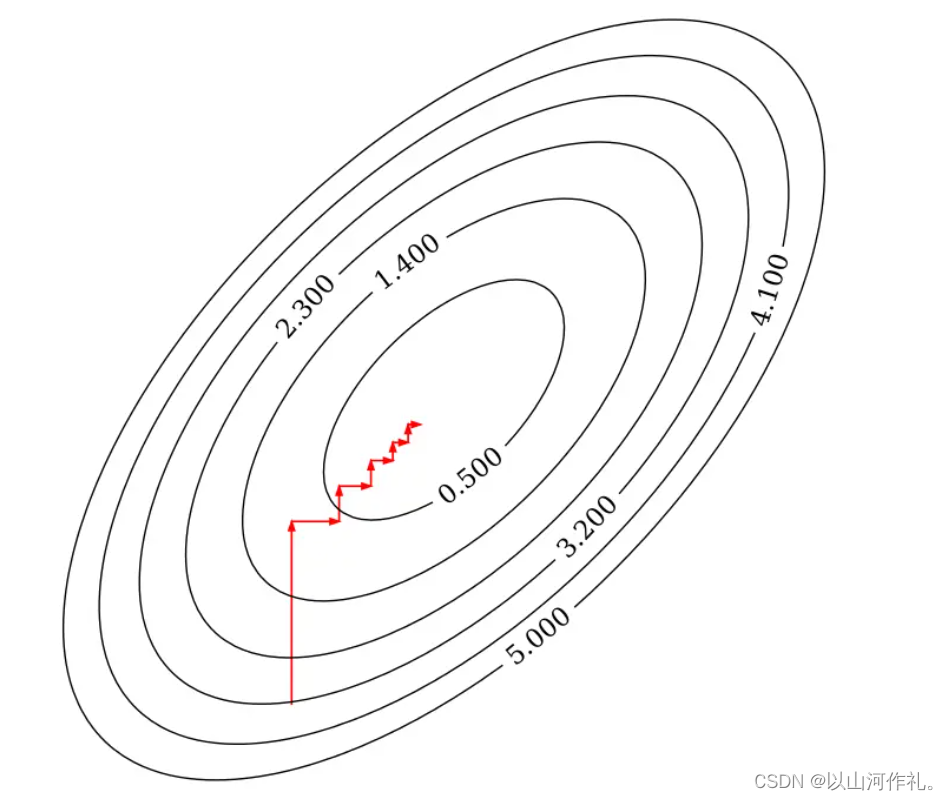
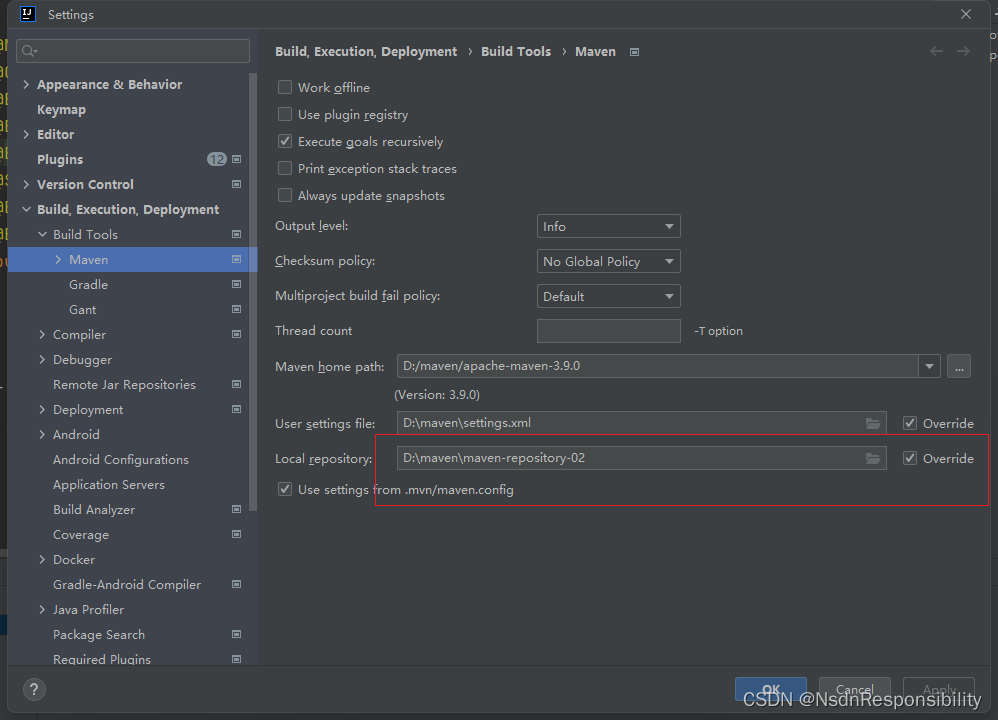


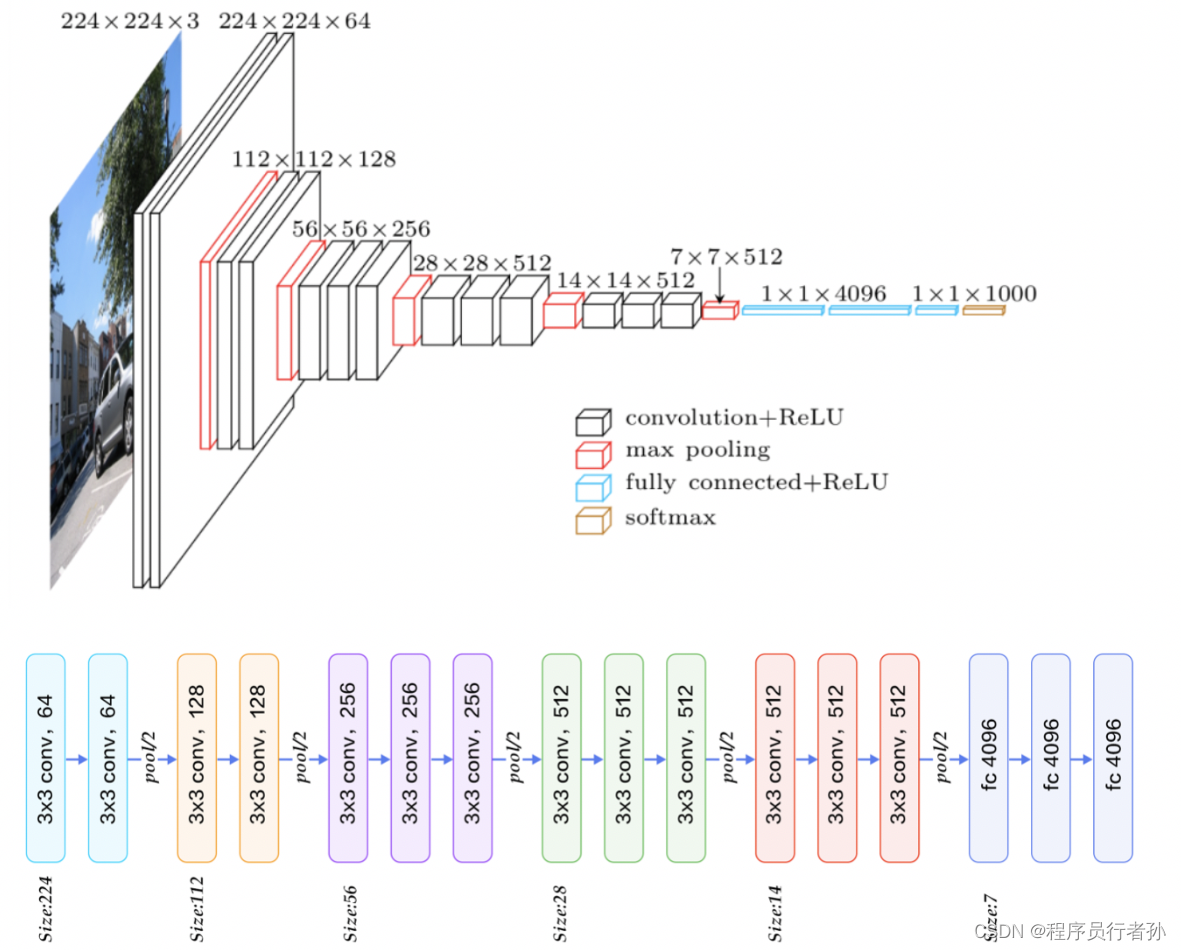
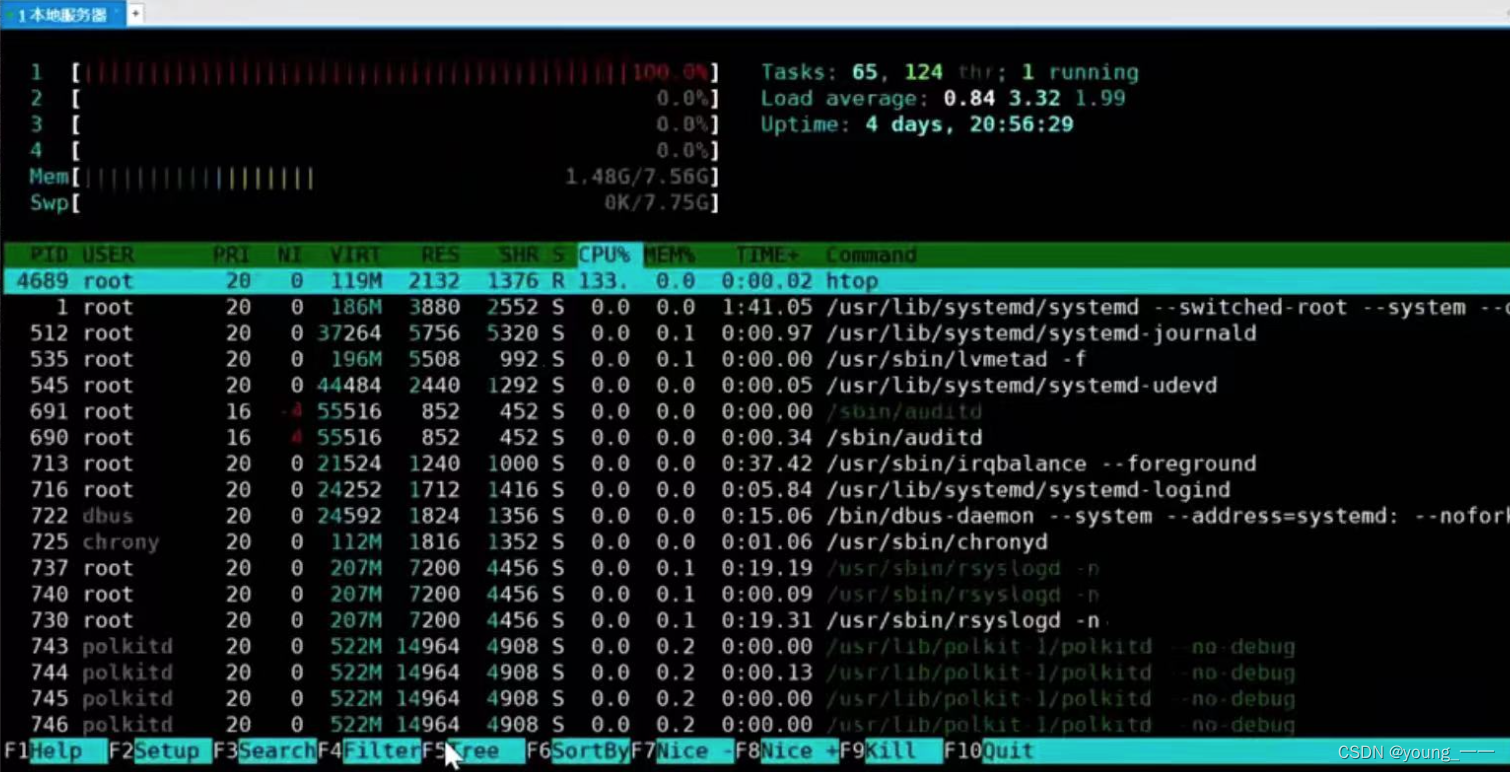

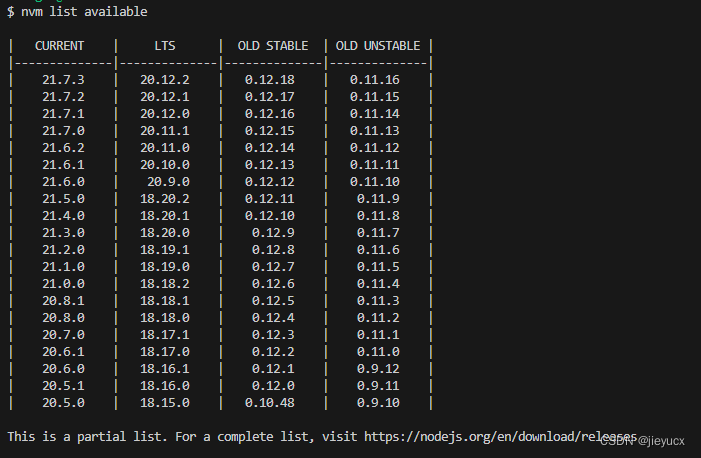
![[docker] 数据的持久化 - Volume bind mounts](https://img-blog.csdnimg.cn/direct/7da2727413344ee89f02ca8ac2b4903d.png)
